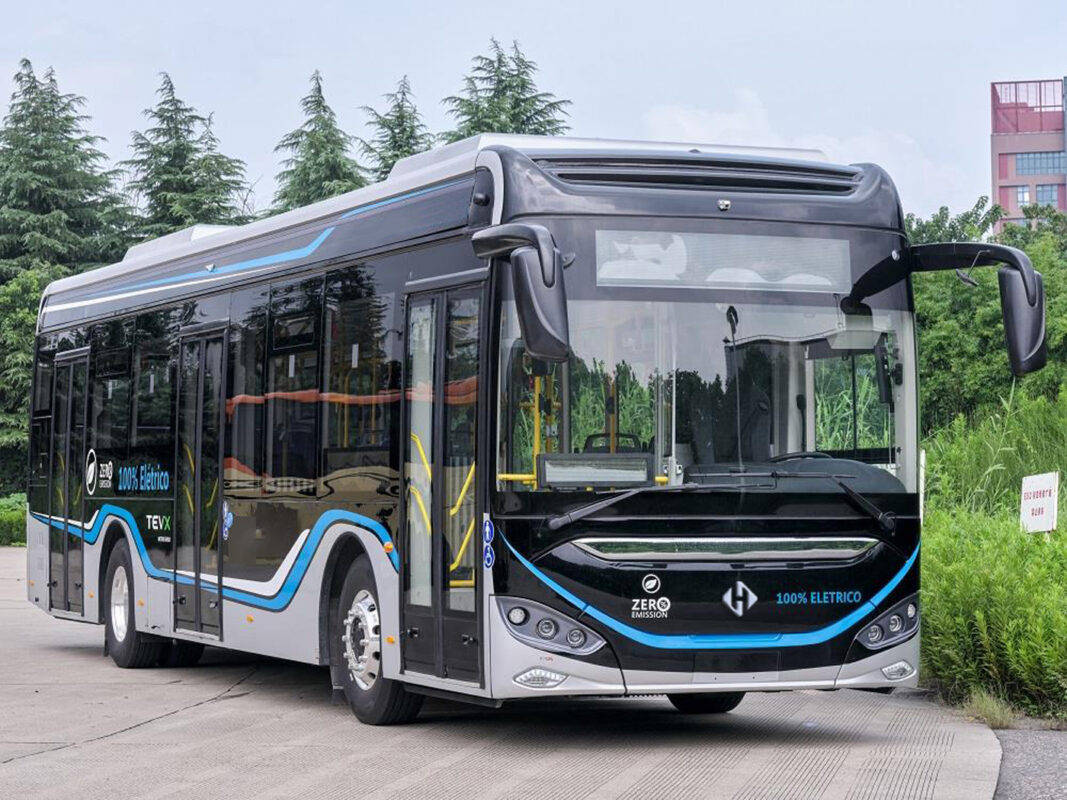Electric Buses
Electric Buses
Electric buses are a rapidly growing segment of the public transportation industry. These vehicles offer a clean, sustainable, and efficient way to move large groups of people around cities and towns. In this blog post, we’ll take a closer look at electric buses, exploring their benefits, drawbacks, and future prospects.
What are electric buses?
Electric buses are powered by electricity instead of traditional fossil fuels like gasoline or diesel. There are several types of electric buses available today, including battery-electric buses, plug-in hybrid electric buses, and fuel cell electric buses.
Battery-electric buses are the most common type of electric bus. They run entirely on electricity stored in batteries, and they can be charged at charging stations or through regenerative braking.
Plug-in hybrid electric buses combine electric power with a conventional engine. They can be plugged in to charge their batteries, and they also have an internal combustion engine that can be used when the batteries are low or when additional power is needed.
Fuel cell electric buses use hydrogen fuel cells to generate electricity. The fuel cells combine hydrogen and oxygen to produce electricity, with water vapor as the only byproduct. These buses have a longer range than battery-electric buses, but they require specialized infrastructure to produce and distribute hydrogen fuel.
Benefits of electric buses
There are many benefits to using electric buses. First and foremost, they are much cleaner than traditional buses. They produce zero emissions, which improves air quality and reduces greenhouse gas emissions. This is particularly important in urban areas, where air pollution can have a significant impact on public health.
Electric buses are also quieter than traditional buses, which can reduce noise pollution and improve the quality of life for people living near bus routes. They are also more efficient than traditional buses, which can save money on fuel costs and reduce the overall cost of operating a bus fleet.
Finally, electric buses are an important part of the transition to a sustainable energy future. By using renewable electricity to power public transportation, we can reduce our reliance on fossil fuels and move towards a more sustainable energy system.
Drawbacks of electric buses
Despite their many benefits, there are also some drawbacks to electric buses. The main drawback is their upfront cost, which is generally higher than that of traditional buses. This can be a barrier for cash-strapped public transportation agencies, which may struggle to find the funds to invest in electric buses.
Another challenge is the need for charging infrastructure. Charging stations must be installed along bus routes and at bus depots, which can be costly and time-consuming. There is also a risk that buses will run out of power mid-route, which can cause delays and inconvenience for passengers.
Finally, there is a concern that the production of batteries and other components for electric buses could have environmental impacts. This is an area where more research is needed to fully understand the environmental costs and benefits of electric buses.
Future prospects for electric buses
Despite the challenges, the future looks bright for electric buses. As technology continues to improve, the cost of batteries is expected to decrease, making electric buses more affordable. There is also a growing trend towards electrification in the transportation sector, with many countries and cities committing to transitioning to electric buses in the coming years.
One promising development is the emergence of wireless charging technology. This technology allows buses to charge while in motion, eliminating the need for charging stations along bus routes. This could make electric buses more practical and cost-effective, particularly in areas where installing charging infrastructure is difficult or expensive.
In conclusion, electric buses offer a sustainable and efficient way to move people around cities and towns. While there are still challenges to overcome, the benefits of electric buses make them a promising solution for the future of public transportation. As technology continues to improve and the cost of batteries decreases, we can expect to see more and more electric buses on the roads in the coming years.

